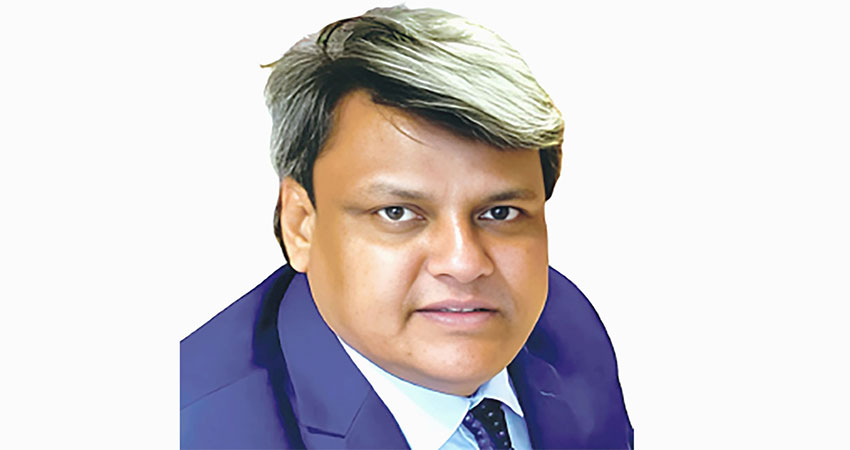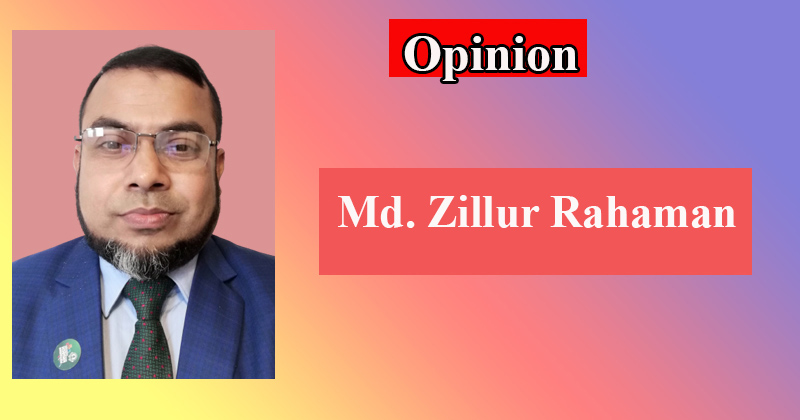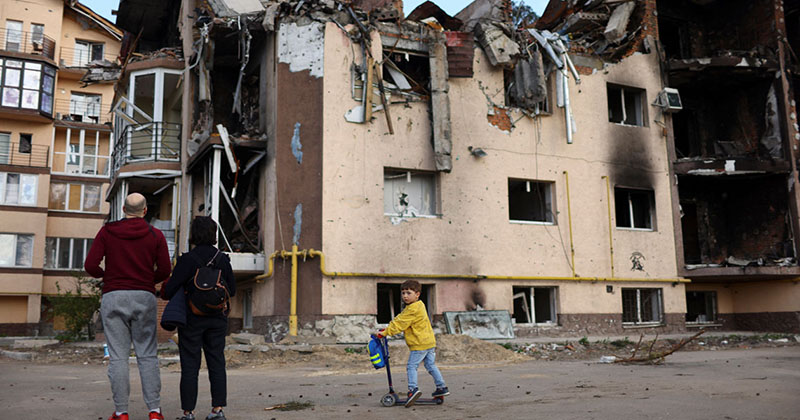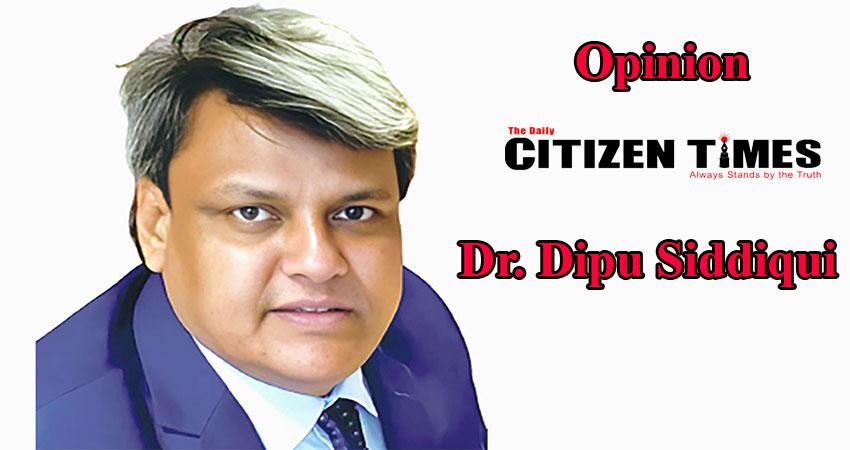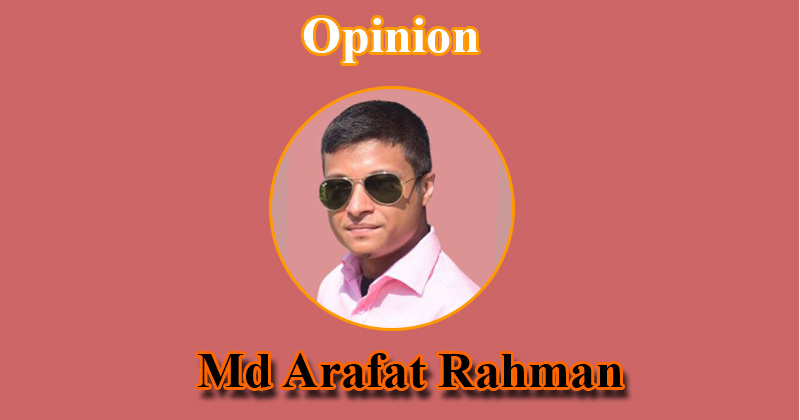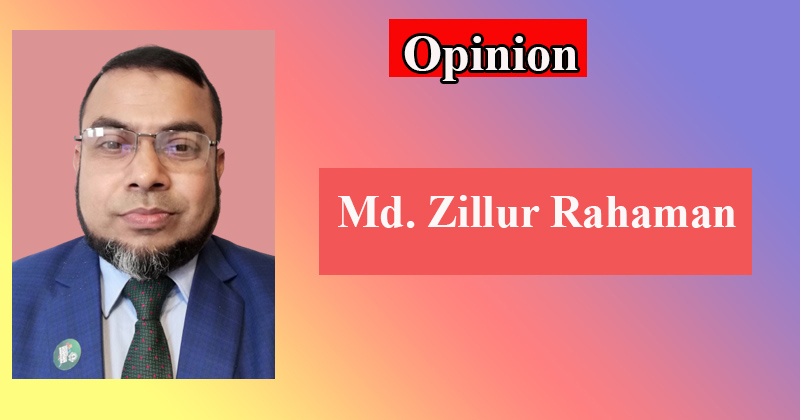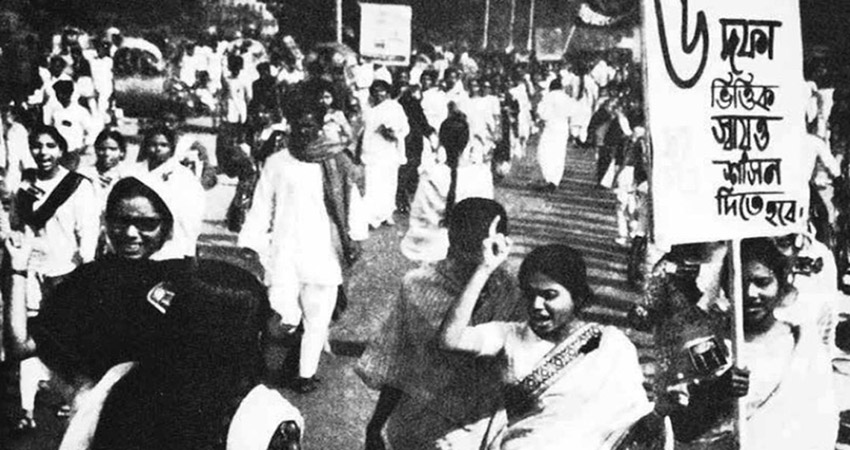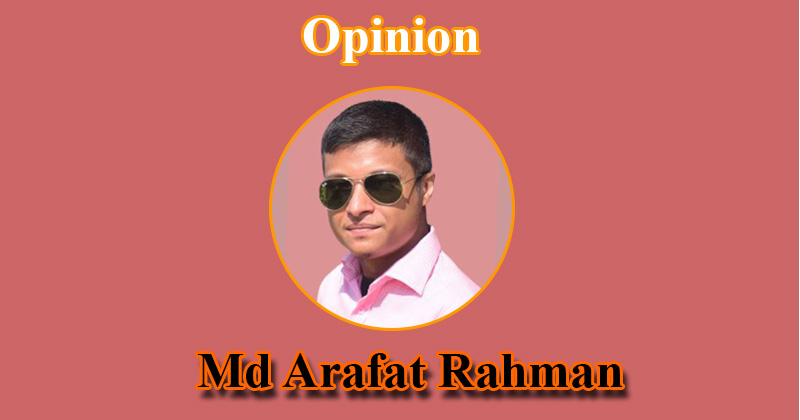In recent times, it is evident that society is grappling with a disheartening decline in tolerance. The once prevailing mindset of mutual cooperation and embracing diverse perspectives is shrinking, leaving behind an unsettling atmosphere of instability. One need not look far to witness this erosion of tolerance—social media platforms provide a vivid reflection of this unfortunate trend. Despite advancements in education, technology, and the overall modernization of our era, the development of our society, culture, civilization, and even our minds seems to have stagnated. Society appears to be running upside down, veering away from its former state of harmonious coexistence.
Language, an essential medium of communication, has become entangled in this web of intolerance. Words that were once innocuous, such as "place of worship," "blessing," or "prayer," have been distorted into exclusive "Hindu words." Similarly, many Urdu words are now incorporated into Hindi, leading one to believe that Hindi is a "Muslim language." However, language transcends religion or caste; it possesses its own inherent nature. By manipulating language to spread communal hatred, we misuse its power. For instance, replacing the universally understood term "water" with "pani" in an attempt to foster division is a misguided act. "Pani" is, in fact, a Hindi word, and the influx of foreign words into the Bengali language serves as a valuable resource rather than a threat. However, by imparting communal undertones to words and language, we inadvertently contribute to a crisis of division.
Even seemingly inconsequential linguistic choices, like using "Dada" for elder brother and "kaka in english Uncle" for chacha, can build invisible walls of separation among us. It is essential to recognize that such distinctions do not harm our religious beliefs. In truth, these small actions lay the foundation for a divisive society. It is crucial to understand that religion and the state are distinct entities. Religion is personal and belongs to each individual, whereas the state is a collective entity that embraces people from all walks of life. A modern state should embody values of liberalism and inclusivity, accommodating all religions. It is imperative for everyone to acknowledge that others hold their religious beliefs as dear as we hold ours.
The decline of tolerance within our society carries profound consequences, particularly in the realm of psychosocial well-being. As the fabric of our communities frays under the weight of intolerance, individuals may experience heightened levels of anxiety, depression, and social isolation. The bonds that once held us together weaken, giving rise to a fragmented society plagued by division and animosity.
To counter this disturbing trend, it is crucial for us to collectively cultivate a culture of tolerance and respect. Education plays a pivotal role in shaping the minds of future generations, emphasizing the importance of embracing diversity, promoting open dialogue, and appreciating the richness that different languages, cultures, and religions bring to our society. Additionally, fostering interfaith dialogue and encouraging meaningful interactions among individuals from various backgrounds can help dismantle the walls of division that have emerged.
In this rapidly changing world, let us strive to build a society where tolerance thrives, language unites, and psychosocial disorders find no fertile ground. By cherishing and respecting our differences, we can forge a path towards a harmonious coexistence that celebrates the beauty of diversity.
Writer : Md. Abu Bakar Siddique widely known as Dr Dipu Siddiqui Associate Professor and Chairman Department of Education Royal University of Dhaka Country Director MTV Network USA.
The Erosion of Tolerance: Language and its Impact on Psychosocial Disorders
